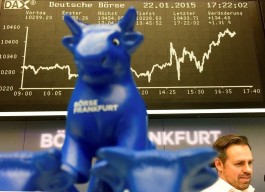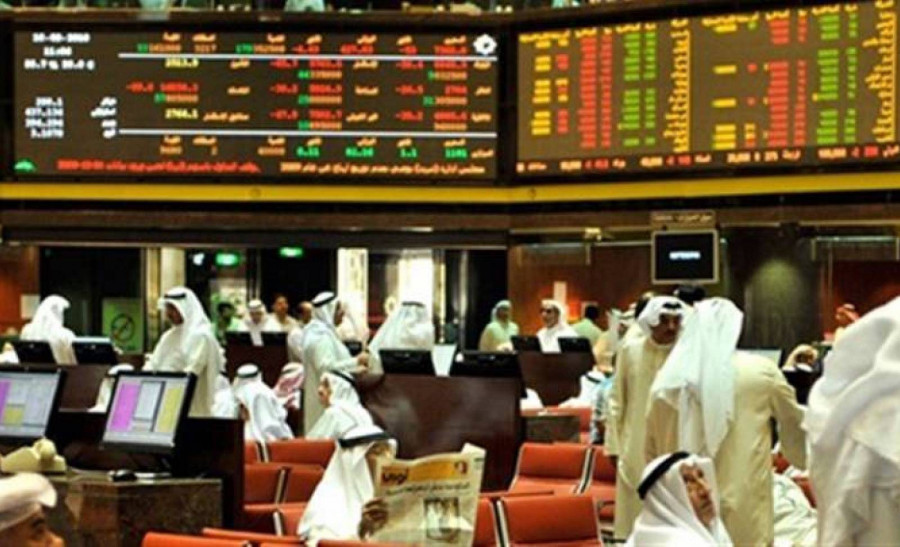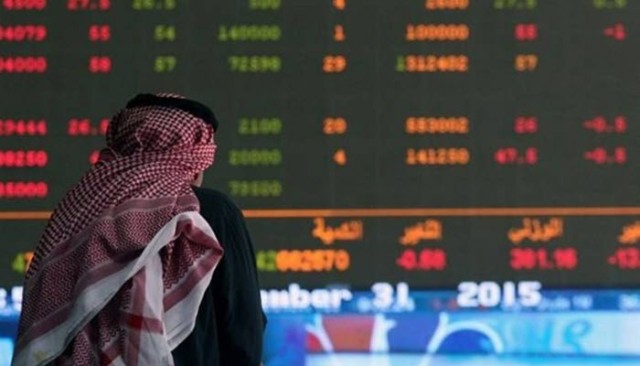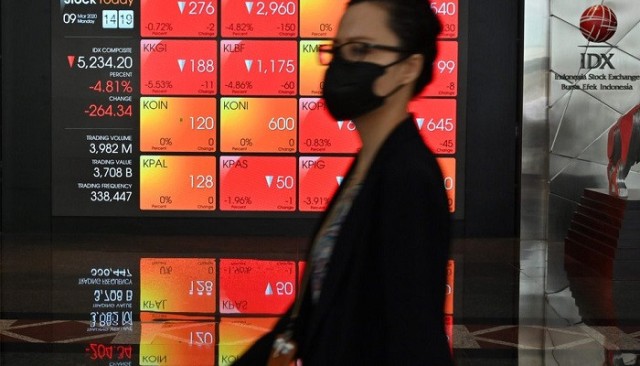At the beginning of the week's trading, the Gulf stock markets witnessed one of the worst sessions during 2021, due to the impact of the psychology of dealers with a new mutant of Covid-19, which is called the Omicron, and classified by the World Health Organization as a source of concern.
According to Arabiya Net, on Friday, oil prices fell 10%, to reach their lowest level in more than two months, as Brent crude reached the level of $73 a barrel, while US crude traded below $69 a barrel, and global financial markets witnessed widespread selling, affected by the news of the new pivot, as the US Dow Jones index plunged more than 900 points, while European markets fell by rates ranging between 3 and 4%.
In the Gulf markets, the Dubai market topped the declines during yesterday's session, while the Saudi market lost in one of the most losing sessions of points since May 2020, while the Muscat market survived thanks to The stock market holiday, which coincides with the Omani National Day.
According to Gulf stock exchange data, during Sunday's trading session, the markets lost $94 billion from their market values, reaching $3.45 trillion, according to Al-Eqtisadiah newspaper.
The Dubai market lost $7.6 billion of its market value after the market fell to the level of three thousand points, with a drop of 5.2%, which is the highest among the Gulf markets.
While the Saudi market fell by more than 4.5%, recording the worst session since May 2020, the market lost with it the level of 11,000 points for the first time in four months, closed at the level of 10,787 points.
Petrochemical stocks witnessed a strong decline, after the shares of Saudi Kayan and Petro Rabigh tumbled at least 10%, while SABIC shares fell 6.2%, the largest daily decline since March 2020, To close at the level of 112 riyals per share, which is the lowest level in eight months.
With regard to the rest of the Gulf markets, Qatar's market fell 2.8%, as the third largest decline among the markets, followed by the Kuwait market, which declined by 2.7%, then Bahrain and Abu Dhabi, with declines of 1.9 and 1 .8%, respectively.









































